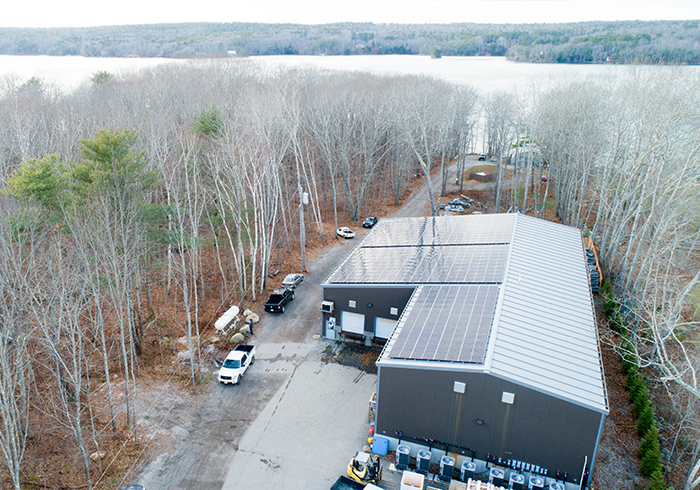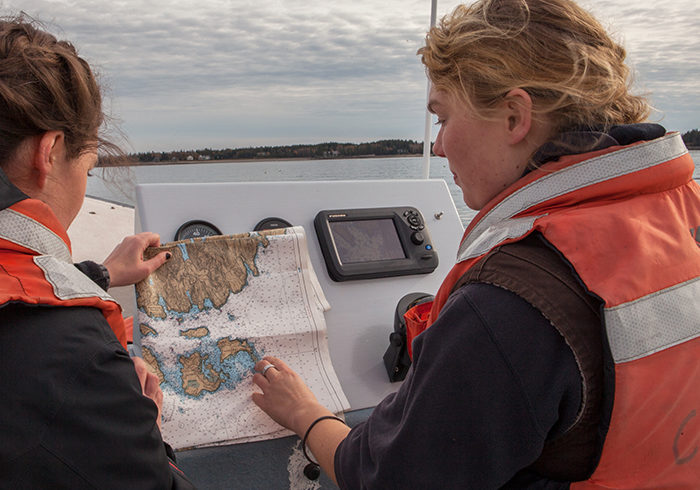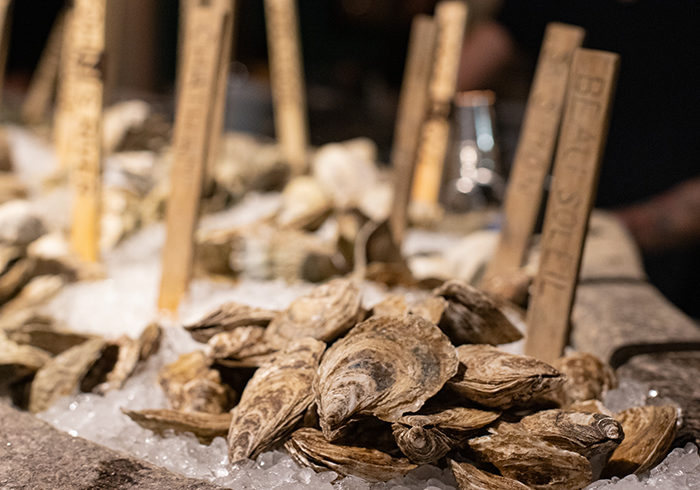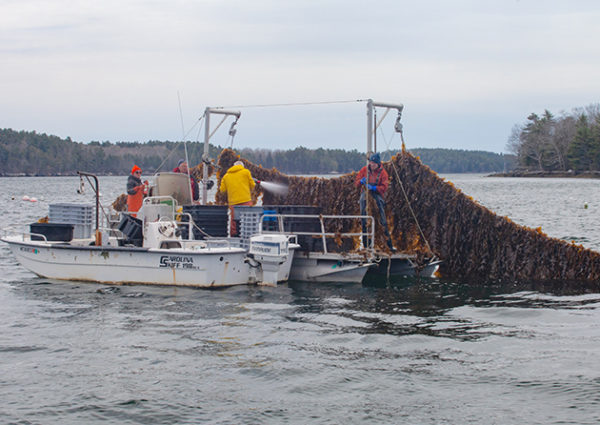Sustainable Livelihoods: Challenges & Examples
Economies that rely on natural resources and small businesses can be fragile in the face of shifting ecosystems, and unpredictable alterations to policy and legislation. The diversification of income, entrepreneurial preparedness, and grants and loans are some of the tools that can be used to preserve livelihoods.

Building Business for Purpose and Profit
For generations, businesses along Maine’s coast have existed solely to provide products and services to local customers, but in recent years they have also come to realize their importance to the fabric of the communities they serve. Driven more, perhaps, by this sense of obligation rather than a desire to simply increase profits, they eventually expand their offerings in other ways to help meet local needs. As community needs shift, the business then shifts. Several business models that connect purpose and profit are now in practice along the coast of Maine. Cooperatives have long been established as a way to provide a community benefit where a standard business may not be able to survive. More recently, Benefit Corporations (B Corps) have also started to be utilized as a way to blend both purpose and profit to have a positive impact on the environment, employees, and society as a whole. Other businesses have been created to meet a community need while also providing products and services that are sustainable and environmentally focused. Each of these balance profitability with a commitment to community that extends beyond the bottom line.
Solution Examples

Decarbonizing the Working Waterfront
Climate change is an issue for the state of Maine—and for the world at large—but bold leaders across the coast have begun to innovate accordingly in both mitigation and adaptation. The marine sector is one industry leading the efforts to reduce carbon emissions, withstand the impacts of a changing climate, and, in turn, advance the resilience of the coast. Solar arrays, energy efficient systems, and conscientious practices help direct the industry towards environmental, economic, and social sustainability. From boat yards to lobster co-ops, Maine’s working waterfront is home to pioneers that are at the forefront of problem solving and environmental stewardship.
Solution Examples

Designating Ocean Spaces
When decision makers are going through the regulatory process (e.g. the designation of ocean spaces for a particular use), it can be difficult to ensure that all stakeholders are being recognized. That means that waterfront communities and their needs are not always being addressed, and this can prove to be a problem—especially when the decision-making process is focused on regulating ocean spaces. New documents and data goldmines like the Northeast Ocean Plan and Northeast Ocean Data Portal are providing invaluable tools for waterfront communities to use to make sure their voices are heard when it matters most.
Solution Examples

Marketing Marine Products
Revenue from fishing in Maine communities—the actual take-home pay per pound of fish or lobster—has declined in real terms. Meanwhile, species besides lobster have declined precipitously. As a result, though landings of lobster have increased dramatically, the industry has become more dependent on huge catches, which has been described by marine scientists and policymakers as a perilous position for the state to be in. Many fishermen and organizations are looking into small-scale processing and innovative marketing to balance that decline in revenue.
Solution Examples

Preparing for Aquaculture
Maine’s seafood economy, steeped in heritage, provides the lifeblood for our rural coastal communities and lives and dies at the complex intersection of environment, policy, community, and economy. To prosper in an increasingly warm and unpredictable world, the sector must innovate. This innovation can come in the form of economic diversification of the marine sector. However, generating successful innovators is most effective when those innovators are properly trained and prepared for the challenges that arise with marine entrepreneurship.

